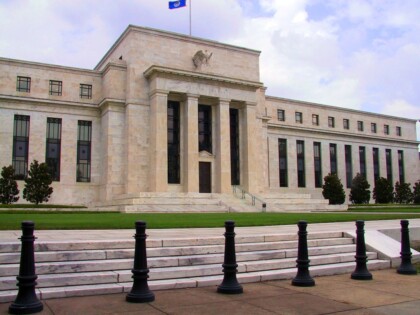
Indiana has now become another U.S. state to send out a consumer alert warning investors and Indiana residents about the perceived dangers and potential risks associated with the peer-to-peer decentralized currency bitcoin. In the past month, more and more states have been issuing advisories that pretty much reiterate previous concerns.
Secretary of State Connie Lawson said Monday that investors must consider all the possible threats that come with pouring money into the highly volatile digital currency, according to the news release.
Lawson explained what virtual currencies are, how they can be bought, sold and invested in and how each bitcoin unit is stored in a digital wallet. She further noted that digital holdings are not backed by any government authority and thus is not insured by the Federal Deposit Insurance Corporation (FDIC).
“Unlike traditional currency, these alternatives typically are not backed by tangible assets, are not issued by a governmental authority and are subject to little or no regulation,” Lawson said in a statement. “The value of virtual currencies is highly volatile, and the concept behind the currency is difficult to understand even for sophisticated financial experts.”
The statement also included a mention of how prevalent bitcoin is becoming: the NBA’s Sacramento Kings accepting bitcoin payments and dozens of bitcoin ATMs across the U.S., Canada and across the globe.
Carol Mihalik, Indiana securities commissioner, also chimed in in the investor alert by repeating pretty much what Lawson stated. Mihalik urged interested investors to move forward with caution and should perform their due diligence before investing bitcoin, bitcoin start-ups or bitcoin investment funds.
“Investors should be aware that investments that incorporate virtual currency present very real risks,” she said in a statement. “It pays to do your homework before you invest in any investment opportunity, including virtual currency.”
On the same day, the Connecticut Department of Banking published a consumer advisory as well echoing the same sentiments: volatility of bitcoin, uninsured by the FDIC, recommendations to study bitcoin further and what it is and how it works.
Federal Election Commission’s Bitcoin Embrace
This statement comes as the Federal Election Commission (FEC) recently announced that it would permit political campaigns to start accepting bitcoin contributions of up to $100. There are some regulations that political candidates and their staff members must follow, but the digital currency has already been adopted by several campaigns.
It also depicted the fact that a government body has viewed bitcoin as a form of “money or anything of value.”
“The bitcoin system raises serious concerns with regard to a political committee’s obligation to identify its contributors and determine the legality of contributions it receives,” said FEC Vice Chair Ann Ravel and Commissioner Ellen Weintraub in a statement. “Bitcoins differ from more common contribution methods, such as checks or standard credit cards, because ‘all that is needed to complete a transaction is a bitcoin address, which does not contain any personal identifying information.”
Jim Harper, a global policy counsel of the industry’s Bitcoin Foundation and member of the Cato Institute, called the latest measure as an example of bitcoin continuing to experience full legitimization.







